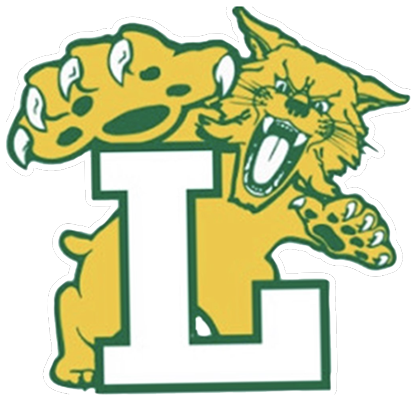Livonia High School has been awarded a Grant from ancestry.com.
A Case Study
As a former social studies teacher, I struggled with the most effective way to teach historical thinking skills to my young students. The new C3 Framework from the National Council for Social Studies, the state standards, and the Common Core ELA standards all agree that students need to develop their critical literacy skills and, in particular, their historical thinking skills. A student’s ability to make sense of primary sources, whether they be historical or articles in today’s newspaper, is crucial for their success as a democratic citizen in our media-rich world.
Although the standards all agreed and I believed these skills were important, it was a challenge to find ways to support young students in their attempts to enact sourcing, close reading, corroborating, and contextualizing with the primary sources from our social studies curriculum. I needed something that would a) ignite each student’s interest, b) sustain that interest across time, and c) involve multiple historical sources. I knew from my own observations as a teacher, and from the research I have conducted since then in my current role as a university professor, that students need prolonged engagement with different kinds of sources in order to learn the sophisticated skills of a historian.
Researching family history in the classroom was the single best way I found to meet the criteria listed above. Each of the thousand-plus students I have had in class over the years was able to access multiple historical sources about his or her own family. Between oral history interviews they conducted, digging through trunks at home, and using ancestry.com with me at school, each student discovered something they could add to our class discussions. The students were fascinated by the content in a way I had never before seen, and they were willing to sustain that engagement across time while I helped to scaffold their use of historical thinking skills. They cared deeply about resolving the conflicts they uncovered within the documents whether they involved misspellings of surnames, errors in dates, changes in political borders, or any of the other numerous complications that typically arise in this type of research.
Knapp, Katie Anderson. Ohio Social Studies Review. 2011, Vol. 47 Issue 1, pp 3-10.

